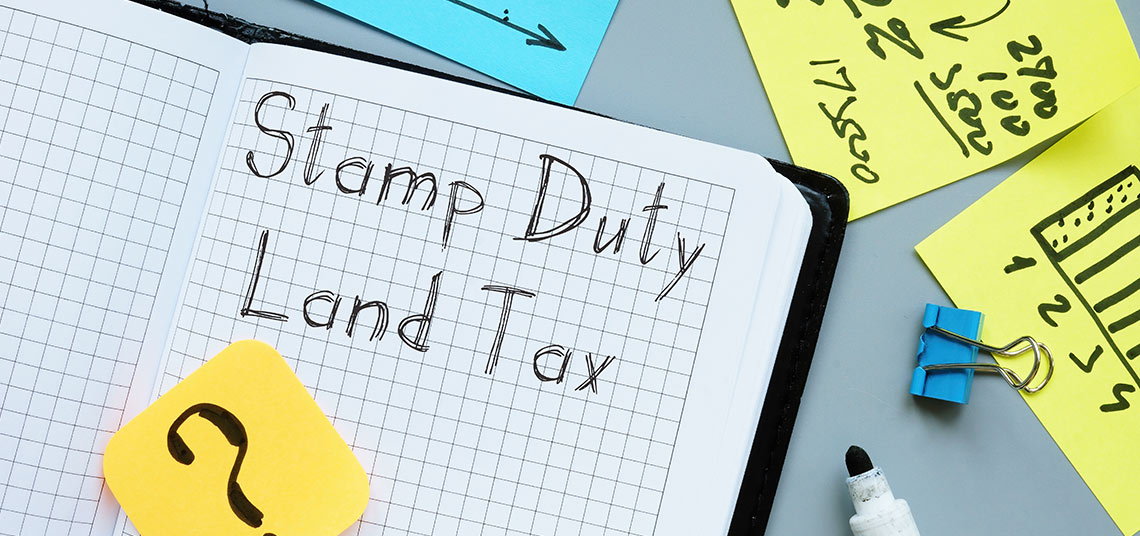Many feared for the property market when the pandemic struck, and subsequent lockdowns followed. At the time, concerns over a housing crash were very real. Then, in July 2020, Chancellor of the Inquisitor Rishi Sunak announced the Stamp Duty Holiday, which effectively helped house buyers save thousands on their new home.
Its popularity caused a boom in the housing market, with prices rising by more than £13,000 in 2020. The clamour for homes was so high that the deadline for the stamp duty was extended from March 31st to June 30th 2021, just to ensure that completions didn’t collapse under the weight of demand.
Now, after one year, the stamp duty holiday is set to wind down. But what does that mean for the housing market at large, specifically buy-to-let landlords who also enjoyed a discount during the holiday?
What does the end of the holiday mean for the property market?
The initial stamp duty holiday was extended from March until June after fears of the property market coming to a halting crash. That’s because thousands of sales were at risk from missing the deadline, as homebuyers found themselves in a race to beat the deadline.
The extension offered welcome respite, but there’s no chance of it happening twice. That means normal service will resume in the property market, with rates going back to normal once the stamp duty holiday ends, barring one exception.
The holiday will stay intact to some extent for properties priced £250,000 or less until the end of September. However, landlords will still need to pay the extra three per cent stamp duty surcharge.
Stamp duty holiday rates coming to an end
| House price | Standard rate | Buy-to-let/second homes |
| Up to £500,000 | 0% | 3% |
| £500,000 – £925,000 | 5% | 8% |
| £925,001 – £1.5m | 10% | 13% |
| £1.5m+ | 12% | 15% |
Stamp duty holiday rates post June 30th to September 30th 2021
| House price | Standard rate | Buy-to-let/second homes |
| Up to £250,000 | 0% | 3% |
| £250,001 – £925,000 | 5% | 8% |
| £925,001 – £1.5m | 10% | 13% |
| £1.5m+ | 12% | 15% |
As for the rest of the property market, the future is still unknown. Yet, the rise in house prices means the housing landscape is on a good footing. Even with marginal house price decreases – and there’s no indication such drops will happen – current values will remain at a level where confidence is strong in the sector.
The next move for landlords
A drop in demand might not be the worst news for landlords looking for another property. With prices slightly lower, savvy investors could benefit from better deals in the market. However, if you’re thinking of selling up, then it’s worth keeping an eye on how everything progresses once the stamp duty holiday ends.
SPV
It might be worth looking at buying a property as an SPV for landlords who are concerned about paying normal stamp duty rates. There are some tax benefits that could mitigate the stamp duty surcharge. However, it’s always worth talking to an accountant before making a definitive decision about which method to use for buying your next investment property.
Returning from holiday
The stamp duty holiday may be coming to an end, but the property market continues to roll on. There are still some great deals for landlords out there looking for opportunities in the market. And if you’re after a mortgage to fund your post-stamp duty holiday purchase – either as an individual or an SPV – why not check out our products? We could just have the mortgage to help get you the keys for your next property.


